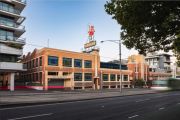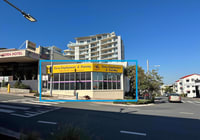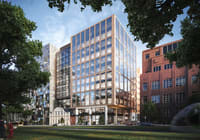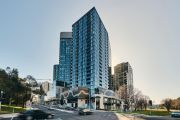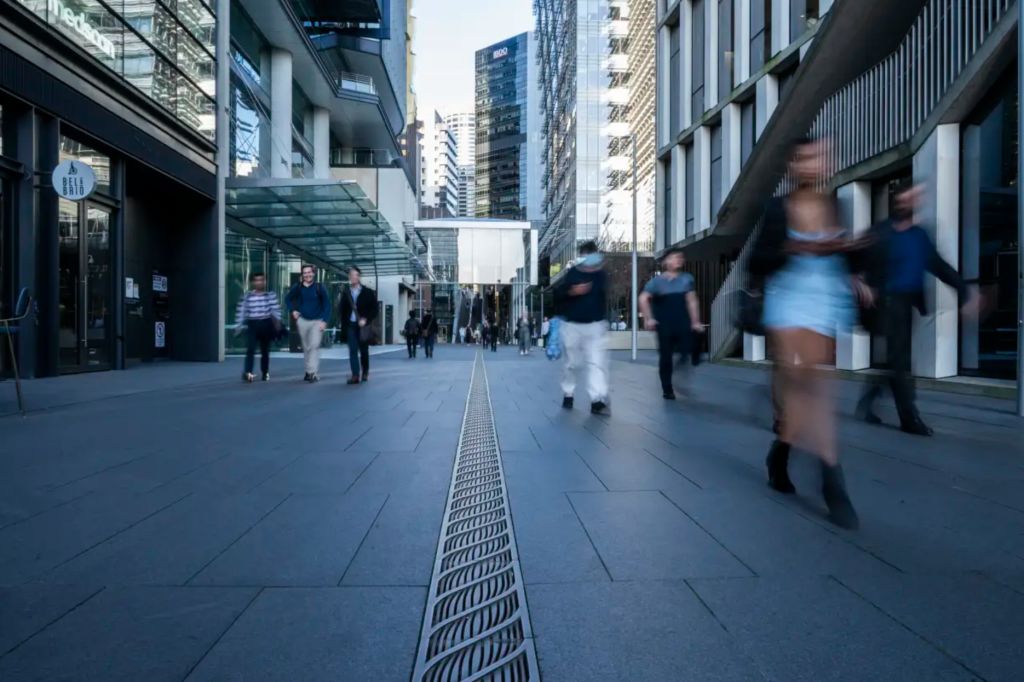
Pandemic clouds around the office sector darken
Commercial office owners are battling the lingering effects of COVID-19, with the latest key industry survey predicting the pandemic will hit conditions in office harder than hotel, tourism and leisure properties over the next three months.
Office was perceived as more resilient than hospitality properties throughout the first nine quarters of pandemic-era Property Council surveys, but in the most recent ranking of concerns due to COVID-19 the sector leaped over hotels and restaurants in the latest quarterly poll.
Capital growth expectations for the sector also dropped to their weakest in almost two years, with expectations for a decline in values softening in every jurisdiction except NSW and ACT compared with the last survey in June.
Separate figures by the industry group showed earlier this month that office occupancy in the largest two cities largely flatlined in August, as a consequence of widespread infections from the Omicron variant. The latest industry survey – of 748 people between 29 August and 13 September – reflected that concern, Property Council chief executive Ken Morrison said.
“The way I interpret this is a concern around office occupancy,” Mr Morrison told The Australian Financial Review.
“We’ve had a tough winter of COVID impacts … which have precluded a return to a more normal, new normal of flexible working environment.”
However, ANZ senior researcher Adelaide Timbrell said the concerns reflected more than the current “headwinds” of COVID-19. The tight labour market and employee preferences that employers were increasingly accommodating would also affect office demand, she said.
“COVID at first was stopping people from coming into the office,” Ms Timbrell told the Financial Review.
“Since then, we’ve learned that it’s also created a more widespread desire to stay out of the office voluntarily. And that’s something that will hit the relationship between employment growth and office demand.”
This was likely to remain a factor in the medium term, she said.
“With the very tight labor market, what we’re seeing is employees have bargaining power,” Ms Timbrell said.
“We expect that to continue for the next couple of years. And they are using that bargaining power to stay in their pyjamas.”
There’s a lot at stake, especially given the massive investment going into new office properties in areas such as North Sydney, which prompted Charter Hall managing director David Harrison to predict a “bloodbath” due to the looming oversupply. Dexus CEO Darren Steinberg also pointed to an oversupply in Parramatta.
There are also signs of changes in demand. In central Melbourne, the state’s Transport Department has cut its office footprint by one-third over the past two years from its tenancies at Brookfield Properties’ 121 Exhibition Street and Investa’s 567 Collins Street buildings, The Age reported on Wednesday.
The Department of Premier and Cabinet and the Victorian Auditor-General’s Office had also reduced their tenancies due to the increasing adoption of flexible working practices, the newspaper reported.
Mr Morrison said corporate employers were not abandoning CBDs because they understood the benefit to their organisations of having people work and collaborate closely.
He said they were also increasingly looking to spend more on higher-amenity facilities. Ms Timbrell agreed, saying that office property – like retail property before it – was now struggling with the change from a “captive” audience of workers and employers to an “optional” one.
“Retail has already had to go through the transformation to provide more amenity to more people into those bricks and mortar spaces,” she said.
“We’re seeing the office market take the same path, where we may see more square metres per person … we may see a higher level of amenity for each office so that the employees, rather than being forced to come in, actually choose to come in and create those productivity gains.”
The sentiment towards offices revealed by the latest survey contrasted with the reality of new projects getting out of the ground and project data showed offices were still seen as more secure than hotel, Ms Timbrell said.
“When we look at major construction projects, people have been more likely over the last year to initiate a hotel development and turn it into an office development than the other way round,” she said.
“So we’re more likely to see a hotel development become an office than an office development become a hotel which to me signals that people may see hotels as more risky despite thinking long term that offices have been more impacted by COVID.”

